You are here
News

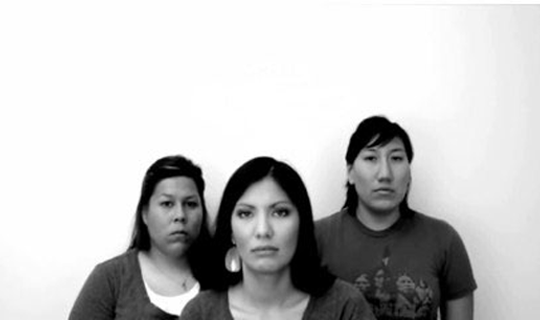
For the first time, the United States will participate in a Universal Periodic Report before the UN Human Rights Council. The Universal Periodic Review (UPR) is a unique process to review the human rights records of all 192 UN member-states every four years. Its ultimate goal is to improve...
read more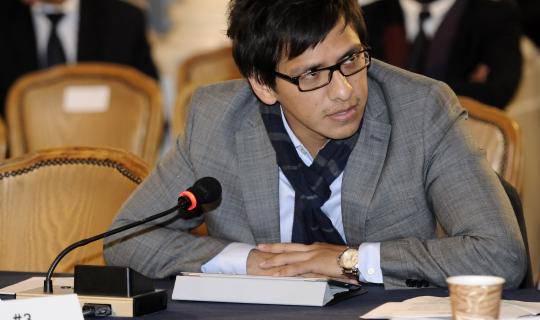
The International Finance Corporation (IFC) is the private sector lending arm of the World Bank. It has some of the greatest impacts on indigenous communities around the world because it funds numerous multi-national companies and private actors. The IFC is reviewing its processes in regards...
read more
A few Indian nations have achieved great wealth as a result of gaming enterprises, creating the impression that casinos can be a magic bullet for fixing the economic and social ills of Native communities. But despite the success of a few Indian nations, Indians continue to rank at the bottom...
read more
The idea that "discovery" of this continent by Europeans gave European countries ownership of Native lands is a myth that has been very detrimental to Indian and Alaska Native nations. The Europeans did not discover this land, and they did not gain ownership of Native land by reason of...
read more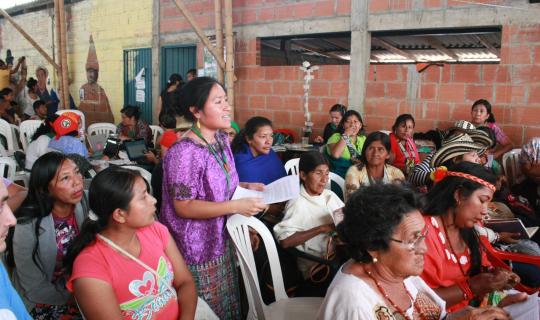
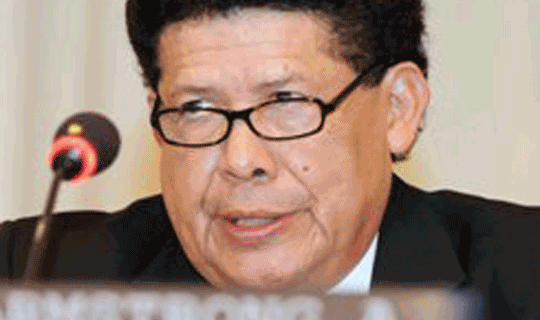
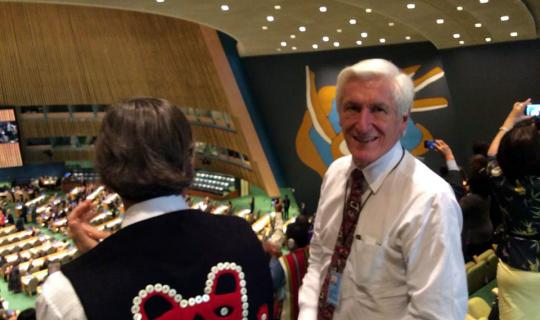

Pages
- « first
- ‹ previous
- 1
- 2
- 3
